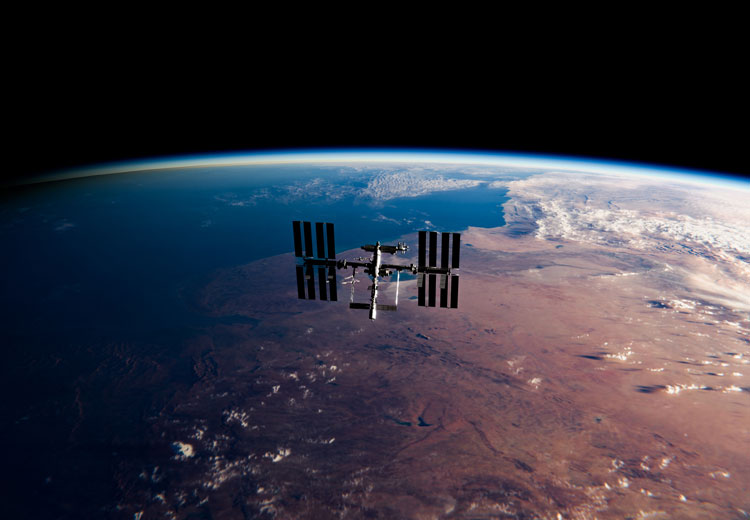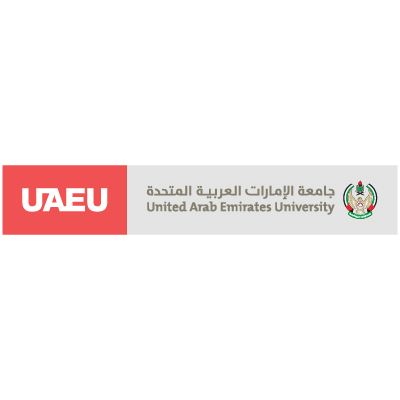The UAE turns to space to fuel development and build its knowledge economy

Sponsored by

Sponsored by

At the National Space Science and Technology Center, space is a gateway into science for Emiratis
“The objective of a Mars or space programme is not the destination,” says Khaled Al Hashmi, director of the United Arab Emirates’ National Space Science and Technology Center. Such programmes are about training and inspiring people, building industries and driving economic development on the ground.
Established three years ago, the centre is a vital part of the country’s ambitious space plans. In 2020, the UAE Space Agency launched an uncrewed mission to Mars to study the planet’s atmosphere, and the gulf nation plans to leverage space exploration to diversify its resource-focused economy and become a space hub in the region.
The centre, based at UAE University, focuses on space science and technology, applying this knowledge to drive sustainable development. “Space is a gateway to all the sciences,” says Dr Al Hashmi. “Going to Mars, the Moon or even putting a satellite into orbit around Earth, you require all disciplines.”
And space missions are a way to attract students to science. Hosting the centre within the university “meets the objective of the UAE region: to prepare the future generation and [involve them in] innovative science. Our aim is to encourage youth to enter STEM education, not only at undergrad level but also PhD and postdoc,” Dr Al Hashmi says.
The centre has a particular focus on CubeSats. These nanosatellites are 10cm cubes, weighing no more than 1.3kg, which can be stacked together to create larger satellites. “If you invest in a big satellite, it costs a billion dollars and it needs to stay in orbit for 15 years,” explains Dr Al Hashmi. CubeSats, on the other hand, only survive in space for about three years, and their replacements can be equipped with the latest technology so “your system will be up to date in terms of technology and innovation”. These mini satellites are mainly used for education – with students designing and building them – and to demonstrate new technology.
The centre will be contributing to the development of a three-unit CubeSat with the Institute of Electrical and Electronics Engineers, launching in mid-2022, as well as a six-unit navigation CubeSat to be launched later this year. The centre is also involved in the development of the 813 satellite, an optical satellite for earth observation. This larger satellite is a collaboration between member countries of the Arab Space Cooperation Group.
While the space centre focuses on technologies to support the country’s space programme, ultimately it wants this research to benefit people on the ground. “I want the centre to have real capabilities to contribute to the UAE’s knowledge economy, building added-value data services for the government, increasing collaboration with government and industry,” says Dr Al Hashmi.
Space programmes are “about the strategic conversations that take place between government, industry and academia”, rather than exploring outside Earth’s atmosphere. This vision may alter the way people view their own future, especially younger people. “It gives them hope that their country has a vision to go to Mars and beyond,” Dr Al Hashmi says.
Find out more about the National Space Science and Technology Center at the UAE University.